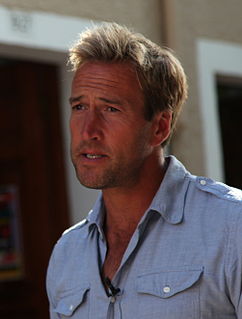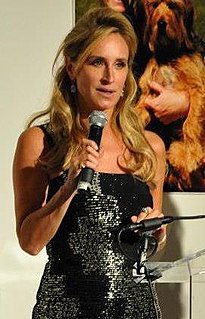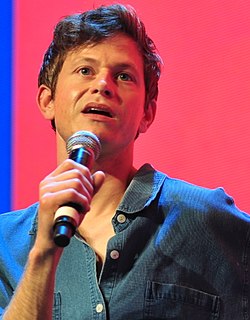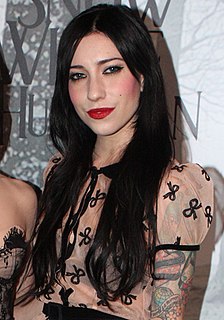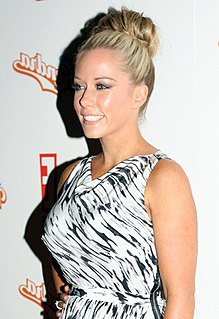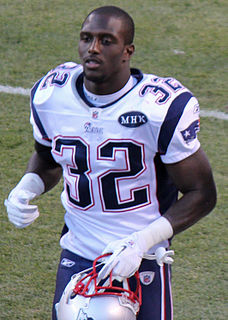A Quote by Alexandria Ocasio-Cortez
I'm used to people kind of knowing me in the community.
Related Quotes
The virtual community? The word virtual does not mean "virtue." It means "not." When I go to the store and they say: The shirt that you brought in is virtually done. It means it is not done, in the same way that the virtual community is not a community. There is no commitment there. When you log off, you are not a member of it anymore. My flesh and blood community, the sense of knowing my neighbor, knowing the guy across the street, having dinner with the people down the block, getting along with each other and making compromises, that's a genuine community with a commitment.
These events are swirling around them. In the white community, people felt like they had no control over their neighborhoods, their destiny. In the black community, centuries of government and economic forces were pushing on them. I went in with a kind of arrogance, maybe, that came from living in a very intellectual family, and I left knowing that there was a lot about the way people lived that I didn't know about.
Twitter was an alternative community for me. A different kind of community. I knew I was making people angry. But it didn't matter, they weren't my community. But the longer I was on Twitter and the more I came to know these people, to like and respect them, the more I could see the empathy and grief and sorrow they were expressing.
When I was on Taransay, I loved being part of a community, I loved that everyone knew what I was doing, where I was going. I loved that. I liked knowing that if I wasn't back at a certain time people would start worrying a little bit about me, I loved the whole community thing, sitting for hours and chatting to people.
When [Allen] Ginsberg and I founded the Jack Kerouac School of Disembodied Poetics - that was 1974 - we referred to it by a term used by Sufi thinker Hakim Bey, as "temporary autonomous zones." That for me sums up some of Whitman's sense of a community of likeminded people with a certain kind of adhesiveness and connection and sharing of this ethos.
The word queer first started being used in the late 1980s by members of the community who wanted to reclaim something negative and turn it into a positive. It's still a painful word for some, and lots of people don't identify with it. But for me it's a helpful and empowering term that unifies an ever-growing community.





